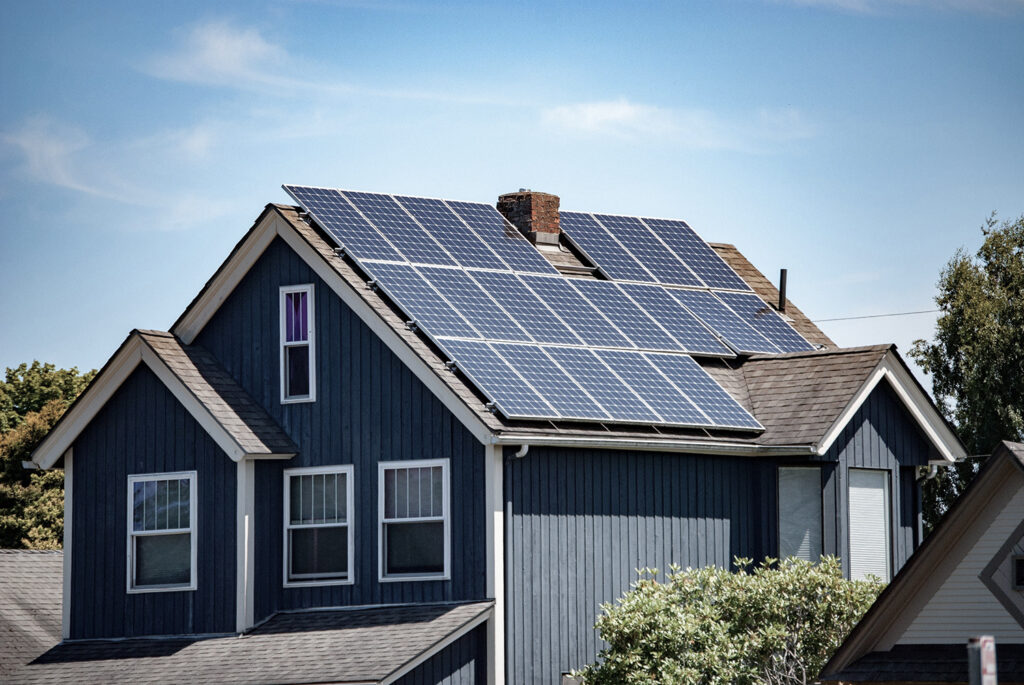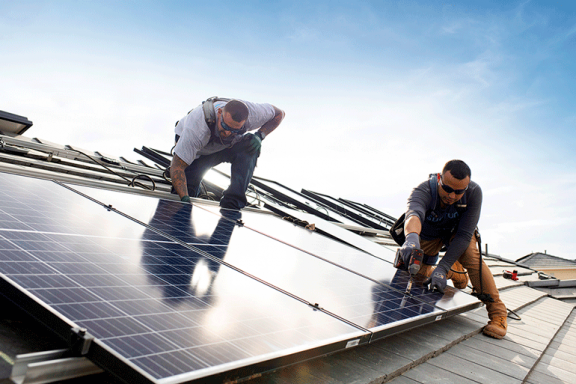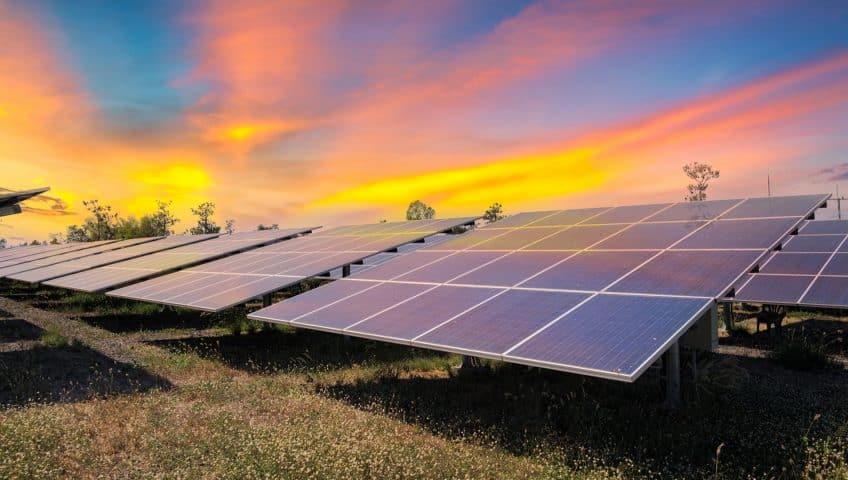Solar Installation

No Cost Solar Program
We have less than a decade to drastically reduce our fossil fuel consumption. Converting to solar is a great option to control your electricity source. We are working with Sunrun and Boundless Energy Inc. who offers No Cost solar programs, low interest programs or purchase programs available in MA, RI, CT and NH. Now, we created Nashoba Solar to offer NO COST Solar to install solar on your roof for same or less money than your current monthly electric bill. No money down, completed in a few months. You can opt to buy the system in 5 years at a reduced price.

How does going solar save money on electric bills?
American households spend anywhere from $98 to more than $150 each month on their electric bills. An average monthly cost of $100 becomes an annual expense of $1,200 or $24,000 over 20 years. This calculation does not take into account increases in utility rates that would push total spending even higher. Installing a solar panel system for your home breaks this cycle and puts you back in control while generating thousands in savings. Using solar panels has the potential to reduce your monthly electricity bill by up to 50% each month, giving you the potential to save over $12,000 in the long run.

What are some incentives for going solar?
The Federal Solar Tax Credit allows homeowners to deduct 26% of the cost of installing a solar energy system from their federal taxes. This means that the total cost of your accommodation will be deducted from your annual income and you will not pay any tax on it! Outside of federal incentives and a general drop in utility costs, some states offer unique incentives for homeowners who also switch to solar power! Find out what incentives your state offers using this map from the State Renewable Energy and Efficiency Incentives Database.

How is Boundless different?
The Federal Solar Tax Credit allows homeowners to deduct 26% of the cost of installing a solar energy system from their federal taxes. This means that the total cost of your accommodation will be deducted from your annual income and you will not pay any tax on it! Outside of federal incentives and a general drop in utility costs, some states offer unique incentives for homeowners who also switch to solar power! Find out what incentives your state offers using this map from the State Renewable Energy and Efficiency Incentives Database.

Frequently Asked Questions
Do I still get a utility bill after I go solar?
Yes, but your utility bill will likely be much smaller, or maybe even a bill credit if you generate more electricity than you use. With most utility companies, if you have any remaining bill credits, those credits will roll over to the next month.
Do solar panels work during a blackout?
For most grid-connected solar power systems, the answer is no. The system is connected to the network and to your home. In the event of a power outage, the solar power system has a special cutout to prevent electricity from being sent through damaged power grid wiring. This is a safety device that protects line workers trying to restore power.
How can I maximize my savings on my solar energy?
It’s easy! Simply use less energy than your solar panels produce. Going solar also has a mental effect! When you have a system, you start to become more aware of your home energy use. Most homeowners who opt for solar power develop better energy habits that reduce their consumption.
What kind of maintenance do solar panels need?
Solar panels require very little maintenance. If they’re covered in dust, snow, or other natural debris, you can usually expect them to fall off on their own.
How long does a solar power system last?
Most solar systems are guaranteed to last 25 years. It is very likely that your system will last longer than that. There are 40-year-old solar systems that still work well, producing around 75-80% of the energy they were originally designed for. As solar panels age, they lose about 0.5-1% of their power output per year. Thus, it is very likely that your solar system will outlast its warranty.
Will I notice anything different after I go solar?
After you switch to solar, you won’t notice a difference. Your lights, appliances, televisions and everything else that uses electricity will work exactly as they did before. The one key difference you will notice after switching to solar is in how you pay for your power. You will still receive a monthly bill from your utility company. If you have a monthly bill with Sunrun, you will have two separate bills. How much energy you end up having to buy from your utility depends on the size of your solar system and how much electricity you’re actually using. Because of weather and seasonal changes, your utility bill will vary from month to month. But you’ll always know exactly what you owe Sunrun for the duration of our agreement.
Will solar panels increase the value of my home?
Just like any upgrade, installing a home solar system can increase the value of your home and make it more appealing to potential buyers. A 2019 study showed that, on average, homes with solar panels sell for 4.1% more than homes without solar panels. Source: https://www.zillow.com/research/solar-panels-house-sell-more-23798/
How does going solar help my community
Going solar means that you have adopted a clean source of electricity for your home. Instead of using power that was generated at a plant using fossil fuels, you get your power from the sun with zero emissions. This homegrown power doesn’t just help contribute to cleaner air, it also helps take strain off the grid during peak demand periods, which is safer for everyone.
How many solar panels do I need for my house
Every household is different. When determining the number of solar panels your home needs, consider the following questions:
- How much power do I need? Check your electric bills to see how many kilowatt hours (kWhs) you use throughout the year. We’ll go over this with you in detail during your free solar consultation to figure out just how much power your panels will need to produce.
- What’s your climate like? The number of panels you need depends on how much sun reaches the ground where you are.
- How much direct sun hits your roof? Shading, which direction your roof faces, and any aesthetic preferences you have can impact how big your system needs to be.